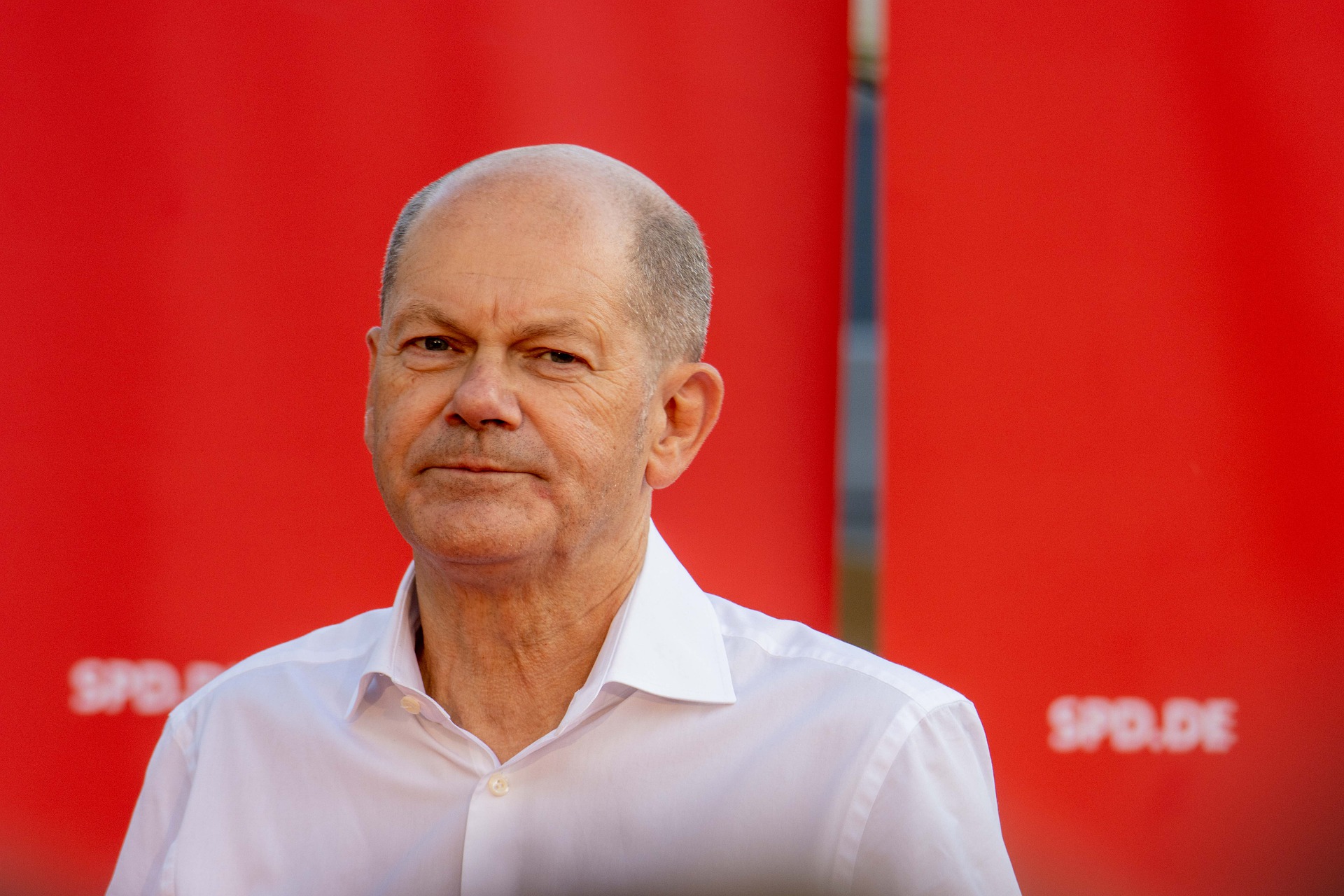Ubaldo Villani-Lubelli (University of Salento)
On 28 October 1969, Willy Brandt, the renowned Social Democratic chancellor, stated the idea of Mehr Demokratie wagen (Let’s dare for more democracy) in his inauguration speech. By the presentation of the coalition deal of the new government majority after the general election of 26 September, the reference to Willy Brandt and a social democratic and liberal coalition was not explicit, but was nevertheless inevitable. The Koalitionsvertrag is entitled “Dare for more progress. Alliance for freedom, justice and sustainability”. Just as in 1969, the new majority between the SPD, the Greens and the FDP (the first in German history) presents itself as claiming a certain discontinuity with the recent past, at least on some domestic policy issues. The reference to the coalition between social democrats and liberals of the 1970s was, among other things, also explicitly mentioned by the liberal leader, Christian Lindner.
The coalition deal
The text of the 178-page coalition agreement reiterates, albeit with additional details, the document presented at the end of the exploratory talks on 15 October 2021.
The main themes of the agreement reached by the new coalition remain the modernisation of the country, the digitalisation of the bureaucracy, the increase in the minimum wage (12€), the replacement of the unemployment benefit system (Hartz IV) with the Bürgergeld (citizenship income), the achievement of the Paris climate protection goals, the ideal abandonment of coal as an energy source in 2030, the construction of 400.000 new apartments per year, of which 100,000 will be social apartments, a billion Euros for a bonus for nurses, the introduction of a points-based immigration system for integration of qualified workers, the legalisation of cannabis and, finally, the right to vote for 16-year-olds.
With regard to the European Union, it was stressed that the Stability and Growth Pact, suspended in 2020, has shown enormous flexibility. A partial reform is proposed in order to make it more agile and transparent, to ensure better implementation. However, it is not specified how it is to be reformed.
Government allies have also pointed out the provisional nature of the Next Generation EU. On the contrary, it is proposed to make the funds for payments within the Multiannual Financial Framework (MFF) of the EU Budget more flexible and thus strengthen the programmes for transnational infrastructure, research and Erasmus.
The text presented by the majority parties also mentions inflation and the ECB: “Price stability is fundamental to Europe’s prosperity. We take people’s concerns about rising inflation very seriously. The ECB can best exercise its mandate, which is primarily committed to the goal of price stability, if budgetary policy in the EU and in the member states fulfils its responsibilities.”
The Koalitionsvertrag also contains many references to defending the rule of law in the EU and strengthening democracy and democratic processes within national and European institutions.
The distribution of Cabinet posts
In addition to the chancellor (Olaf Scholz), the Social Democrats will be responsible for the following Cabinet posts: Interior Ministry, Labour and Social Affairs, Defence, Health, Building and, finally, Development and Economic Cohesion.
The Greens will have the post of Vice-Chancellor, the Ministry for Foreign Affairs, the Ministry for the Economy and Climate Protection, the Ministry for Family, Women and Youth, the Ministry for the Environment and, finally, the Ministry for Agriculture. The Greens will also be responsible for the future European Commissioner, as long as the Commission president is not from Germany. The Liberals (FDP) will have the coveted Ministry of Finance, the Ministry of Justice, the Ministry of Infrastructure and the Ministry of Education and Research.
It is not yet known what names the parties will put forward for the individual ministries. However, it will not be long before they will make them public. It is almost certain that the much-feared Christian Lindner (FDP) will be the new Finance Minister, Green Party leader Robert Habeck will occupy the Ministry of Economics and Climate Protection and will also be Vice-Chancellor, and Annalena Baerbock, the Green Party candidate for the chancellorship, will probably be Foreign Minister.
The allocation of ministries as well as, of course, the coalition deal, will have to be approved by the individual parties. The SPD and FDP will do this via a party congress, while the Greens will hold an online vote among all of their members.
The future political balance
The compromise found by the three parties (SPD, Greens and FDP) was neither simple nor obvious. As the Liberal and Green leaders in particular have pointed out, there was no lack of tension, disagreements and misunderstandings during the negotiations. The text also shows these difficulties. Nothing is said on the text about how the political project is to be financed.
It is very likely that, in the long term, the difficulties that were intended to be overcome during the negotiations may emerge again. The inevitable differences between the three parties highlighted, on the one hand, the sense of responsibility of having to form an executive to which there was no real alternative and, on the other, the undoubted desire of the Greens and Liberals to take on government responsibilities.
Ubaldo Villani-Lubelli is lecturer in History of Political Institution at the Law Department of the University of Salento in Italy. He has edited, together with Prof. Luca Zamparini, the book Features and Challenges of the EU Budget. A Multidisciplinary Analysis, Edward Elgar 2019 and, with Prof. Luca Renzi, La nuova Germania. La Repubblica Federale 30 anni dopo la Riunificazione, ETS 2020. He also comments on German politics for HuffPost Italia
The views expressed in this blog reflect the position of the author(s) and not necessarily that of the Brexit Institute Blog.



